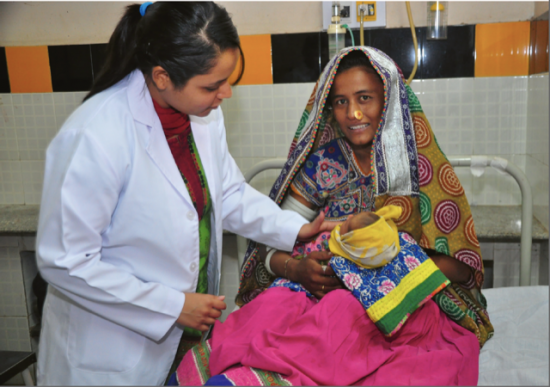India: Why population matters?
Numerous studies have demonstrated that women with higher literacy and wealth levels have better reproductive health outcomes including greater demand for family planning. However, a recent paper titled India: Why Population Matters by Dr. Devendra Kothari from the Forum for Population Action, suggests a larger dynamic in India.
While contraceptive use increases from the lowest quartile to the highest one, from 35 per cent to 58 per cent, Dr. Kothari argues this does not mean that that people belonging to the lower economic classes are against family planning or would not be interested in greater access to a method of their choice. The unmet need for contraception in India is in fact highest among the couples from the lowest economic strata. While most of the population growth in India is contributed by the lower economic strata, many in fact do not want more children.
While India’s population continues to grow by 16-17 million people annually, more than 20% of women, especially in the lower economic strata, seek to postpone childbearing, space births, or stop having children, but are not using a modern method of contraception. Many of these women travel far from their communities to reach a health facility, only to return home “empty handed” due to stock outs, lack of desired contraception or non-availability of skilled providers. When women are turned away, they are unable to protect themselves from unwanted/unplanned pregnancies and sexually transmitted infections.
Dr. Kothari wants the government of India to take deliberate steps in reducing the incidence of unwanted pregnancies by revamping family planning program through user-friendly service delivery. This, he says, will not only respond to user needs but also slow India’s population growth which has peaked at nearly 1.3 billion people, but also help India confront challenges relating to energy, water, poverty, malnutrition, governance, corruption, and social conflicts.
Rapid population growth shares complex ties to poverty and inequality, exacerbating the gap between the rich and the poor, and creating obstacles in achieving an inclusive development. Responding to potential user needs would free both family and public resources for economic investment and productivity and for improving the quality of public services such as education, health, sanitation, provision of safe drinking water and electricity.
Read more here: https://www.academia.edu/13642953/India_Why_population_matters
|